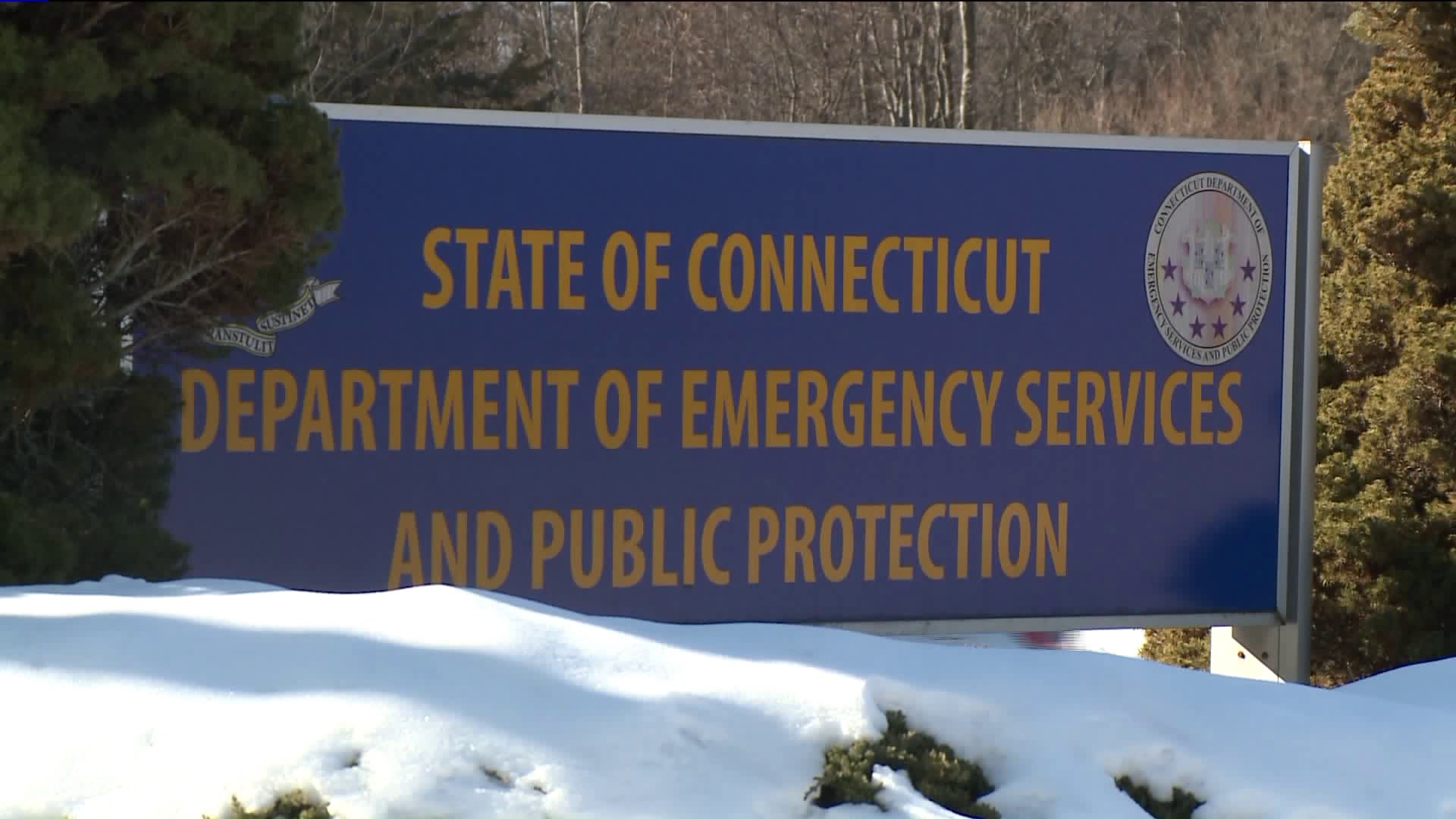MIDDLETOWN -- A new State Police initiative is taking a look at the overall wellness of the people who deal with trauma.
Connecticut State Troopers are exposed to different levels of trauma on a day-to-day basis. From small car crashes to big tragedies like Sandy Hook, first responders see firsthand the impact these occurrences have on people. It has an effect on them, too.
This is why the Department of Emergency Services is rolling out a new wellness and resiliency program.
“[It’s] different scenes, different things added up over the years, different traumas, especially Sandy Hook,” said Connecticut State Police Detective Ken Dillion.
As a Trooper Dillon remembers processing the scene at Sandy Hook Elementary school for a week straight. He also remembers other traumatic moments of his career like investigating bad car accidents or sex assaults and knocking on people’s doors to let them know their loved ones have died.
These are traumatic experiences that leave a mark on a trooper who is investigating those crimes. Troopers who don’t turn to resources often turn to other vices.
“Isolate, drink, work more, believe it or not; all the different things that you shouldn’t do to stay healthy to make sure that you can finish out the career on a positive note, I didn’t do,” said Dillon.
But now Detective Dillion says it’s okay to not be okay and to seek help.
“There’s no way that you can get through your career as a state trooper and not be exposed to some horrible things,” said Sergeant Troy Anderson, the developer of the Wellness and Resiliency Program. “I think we all have identified that. It’s just what are we going to do with those horrible things? What are we going to do with those universal and predictable signs and symptoms of post traumatic stress?”
In Connecticut, it means rolling out a new initiative focusing on the well-being of people working in the Department of Emergency Services.
“Really opening up things like financial wellness, spiritual wellness, not just looking at the critical incident stress management piece, which is huge, but really looking at an overall wellness umbrella,” said Anderson.
The program comes as an additional resource to the STOPS program- State Troopers Offering Peer Support, which has been successful.
“What we’re looking at doing now is taking that type of program, keeping that intact, but growing further beyond that to really incorporate resilience,” says Anderson.
The program also helps diminish the stigma that you are weak if you ask for help.
“It shows our members and our troopers that it’s okay to be affected and there’s a right and healthy way to deal with it,” says Dillon.
The program starts with education at the police academy and follows both sworn officers and civilians through their careers.
“In order to build resilience, that’s the ability to bounce back, that’s all it is. It’s the ability to be flexible and bounce back after you’ve experienced something difficult,” said Anderson. “That should be incorporated in all of the curriculum not just for the Connecticut State Police. There should be eventually a national model of how we approach taking care of folks.”
The program is in its early developing stages, but Sergeant Anderson says he's looking at models that have worked across the country and is incorporating them together in one program here in Connecticut.
Here are some available resources for first responders:

